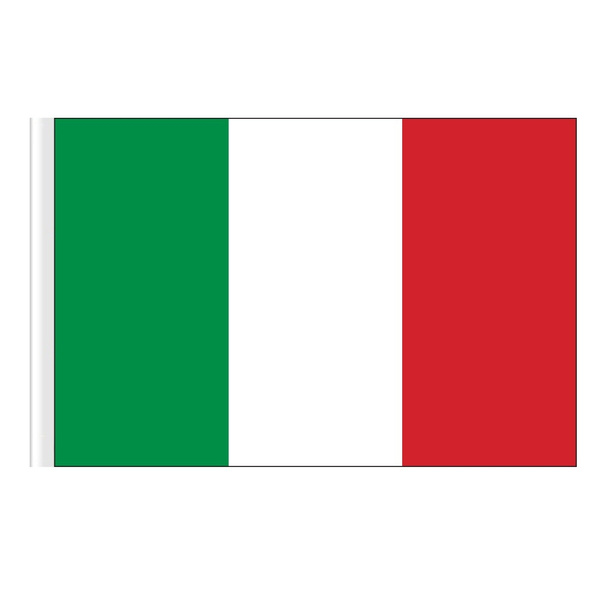Introduction
The strategy adopted by UNICAM in the field of scientific research pursues two different, still complementary, headings:
- preserving the consolidated features and the vocations of the University Schools as identity elements of UNICAM research activity
- constantly ensuring the consistency and relevance of UNICAM research activity within the framework of National and European policies on research and technological development
The heart of the UNICAM research strategy precisely reflects the above-mentioned headings.
The strategy identifies, as overall objectives, the sustainability and innovation, as the raison d'être of the University and, in line with the values, strategies and actions of the Union and its States for a more sustainable future.
The strategy identifies three main pillars of research and their related priority clusters, presenting the lines of action through which UNICAM aims at implementing its mission and fostering a strategy that aims at developing both its internal skills and resources.
UNICAM Strategic Research Planning
UNICAM is characterized by several different lines of research and activities. This richness, in terms of expertise and interdisciplinary capabilities, has been organized into three main pillars of research.
Each pillar is structured in two clusters, understood as categories of macro themes expressing both the priorities of UNICAM - its professors and its researchers - and the priorities of the wider national and international scientific research community.
The research lines have been structured with a multi-method, multidimensional and interdisciplinary approach, and they provide focus on involving stakeholders from complementary fields of research and development.
The three pillars of UNICAM, in the field of fundamental and collaborative research, and the related clusters are:
PILLAR 1: Environment and energy – This pillar highlights the interdependence, the non-deferral, and the centrality of the relationship between these two concepts. The focus is on raw materials and food, the way of harm of nature and natural processes, the reshaping of consumption and the satisfaction of basic human needs, development models based on renewable energy, methods of strengthening resilience in response to food and climate crises taken as global challenges.
Cluster 1.1: Natural resources, Food, Environmental sustainability
Cluster 1.2: Natural hazard prevention, Resilient communities, energy sources
PILLAR 2: Health and well-being - This pillar addresses issues of substantial relevance for both the scientific and the productive world: from environmental management to oncology of domestic animals, from the biology of microorganisms to interactions between different biological organisms, from natural and sustainable marine resources to relationship between nutrition, food, and health. It promotes a cross-sectorial and cross-cutting approach within different skills, connected with the bioeconomy, the safety of citizens and society, territorial, urban, and landscape-environmental planning.
Cluster 2.1: Quality of life and the environment
Cluster 2.2: Health of the person and animals
PILLAR 3: Culture and society, rights, technologies - The synergistic relationships between the scientific macro-areas of this pillar give evidence to the exponential growth in terms of impact and value, of collaborative research. This pillar combines, in full alignment with the policies of the European Union, investigations aimed at sustainable development, scientific and technological innovation, with research aimed at social inclusion and shared values of democracy, justice and fundamental rights, respect of diversity, tangible and intangible cultural heritage, creativity as a factor of development an socio-cultural inclusion. At the basis of this scientific area there is the principle according to which the security and prosperity of Europe and of the whole world cannot be guaranteed exclusively by technological means and the progress of science, but it also requires understanding of people and knowledge of their history and culture, in a desired balance between individual security, growth and individual freedom.
Cluster 3.1: People, institutions, markets, inclusive societies, cultural heritage, creativity, smart cities and communities, mobility
Cluster 3.2: Big data, complex systems, advanced materials
See Unicam profile at EU Funding & Tenders Participant Portal

